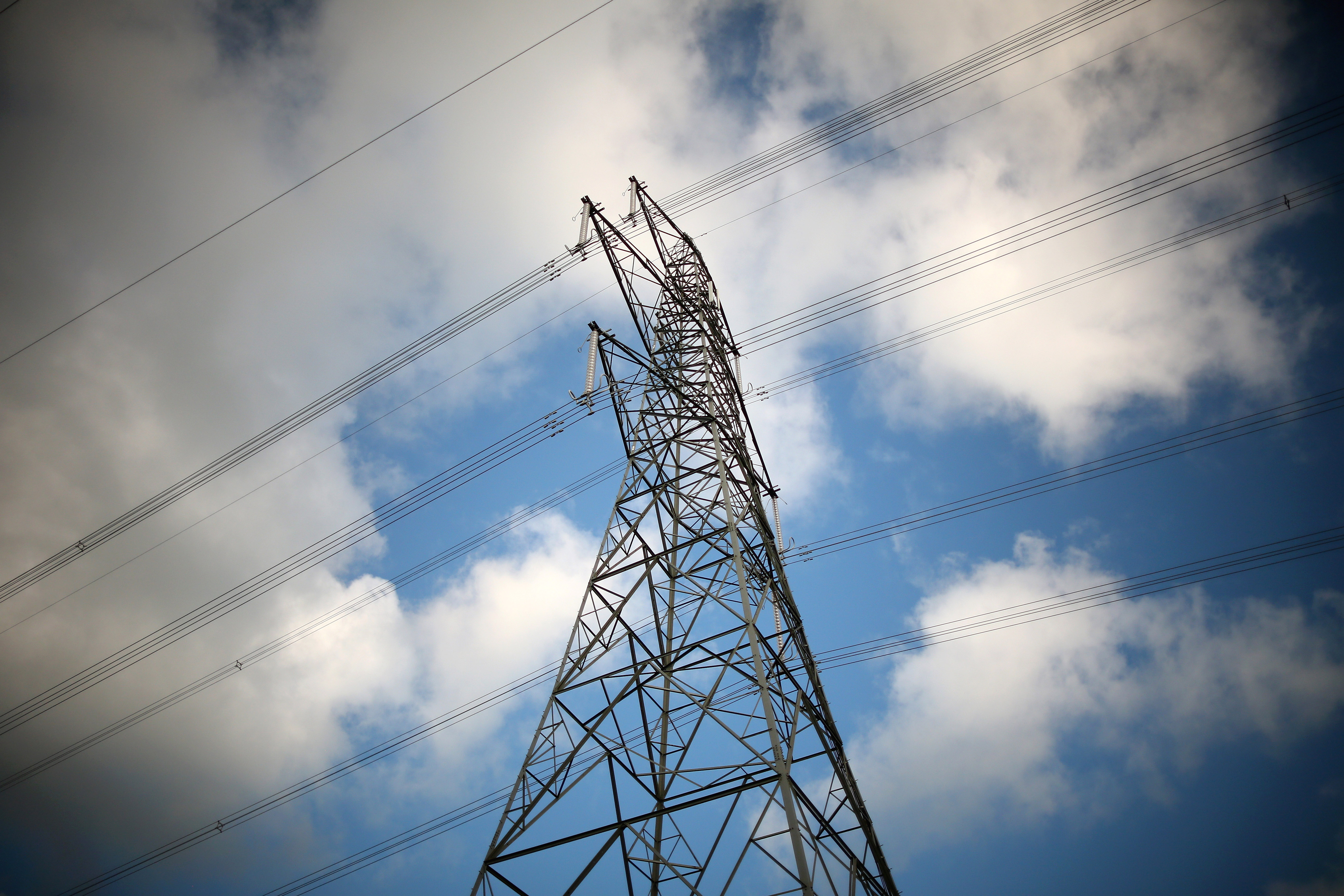Five ways Brexit could impact on energy and climate

Leaving the European Union would enable the country to take back control, they said. But it seems like nobody is in control this morning, as every sector of the economy rapidly looks to analyse what it means for them. From the Paris agreement to energy security, here’s five ways the referendum result will likely impact on energy and climate change.
1. It could delay international action on climate change
The UK is still is expected to ratify the Paris Agreement as part of the EU bloc, but some are worried that delays caused by a parliamentary backlog could give right wing leaders the opportunity to dissemble it. This is of particular concern given that Donald Trump has promised to quit the agreement if he is elected in November.
However, even if the UK does ratify as part of the EU before leaving, it’s thought the government would have to submit its own Intended Nationally Determined (INDC) commitment – its plan for reducing emissions – and the EU will have to amend its own in light of this, Jonathan Gaventa, director of climate change think-tank E3G told Unearthed.
“The UK remains a member of the EU for at least two years and possibly more depending on negotiations. It would probably make sense for the UK to develop something in line with the 5th carbon budget but it wouldn’t become a formal INDC until that status is resolved,” he said.
The Committee on Climate Change has already made its recommendations for the 5th carbon budget, which was expected to be legislated upon by the end of the month.
2. All bets are off on Heathrow
Brexit could have a major impact on expected plans to expand Heathrow. While accepting it may lead to delays, the airport said on Friday that it makes the case for development “stronger than ever before” in order to “help Britain be the great trading nation connecting all regions of the UK to the world.”
Anti-expansion campaigners have disputed this, and given that Boris Johnson is strongly opposed, they may have cause to celebrate.
That said it’s not all one way. The development could also be impacted by any relaxation on air quality legislation, which the recommendation by the Airports Commission was predicated on, and which come from the EU
3. The carbon price is falling
The carbon price dropped 15% on Friday, due to uncertainty in the market, reported BusinessGreen – making it cheaper to burn coal.
Despite this, experts are optimistic that the UK will remain within the EETS, the EU’s european emissions trading scheme.
Ola Mirowicz, european climate policy analyst at think-tank Sandbag told Unearthed:
“The UK is the second most polluting economy in the system. It is very likely the UK will stay within the EETS. We hope the UK will continue to participate. In the unlikely event that this is not the case there will obviously be policies at home. The carbon budget will become more relevant than ever before. We are arguing for the government to take more responsibility for the budget concerning the EETS sector”.
4. The fight against air pollution faces a reset
In the wake of the VW scandal, the election of pro-environment mayor Sadiq Khan and new pending legislation to limit air pollution across Europe, campaigners were geared up for a fight to dramatically cut air pollution, believed to be responsible for up to 50,000 premature deaths in the UK every year.
But experts in Europe have warned that Brexit will likely mean that the UK would not sign up to the new laws, potentially costing thousands of lives, according to an Unearthed analysis. Meanwhile lawyers say that it will make it much more difficult to hold the government to account on air pollution and that they could even repeal existing air quality laws.
It comes as a new study by the International Energy Agency (IEA) warns that air pollution is linked to the deaths of 6.5m people every year.
5. Brexit threatens energy investment – and security
The attractiveness of the UK for investment in renewables has already hit an all-time low, due to the slashing of support for renewables over the past year, according to a report published by Ernst and Young in May.
The main risk to investment in clean energy post-Brexit would be an economic downturn. But this would affect other more polluting forms of energy infrastructure too, which is likely to, in turn, lead to wider problems with supply.
“Certainly there is a risk in terms of energy security. We’ve got so much old generation energy coming off the system so there is a need for investment on demand and supply. Anything that halts or slows that investment is going to be a concern. Someone needs to spend some money somewhere. It strengthens the case for National Grid to invest more in demand side measures. Public investment and green investment banks will need to step up their operations to keep finances flowing,” said Gaventa.

